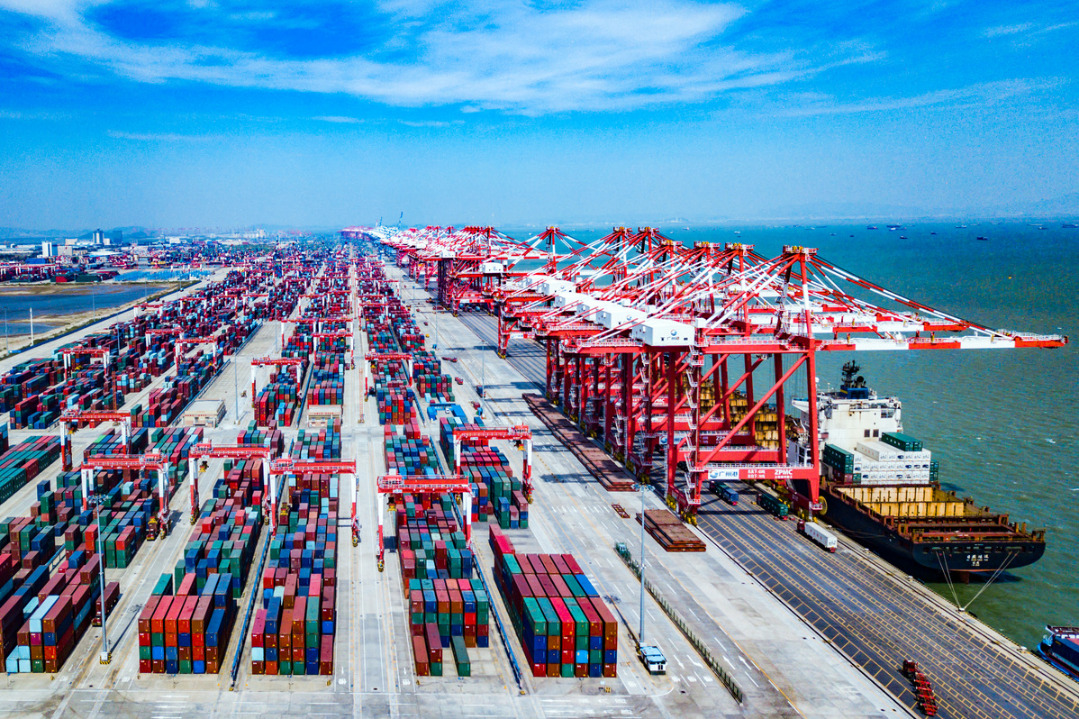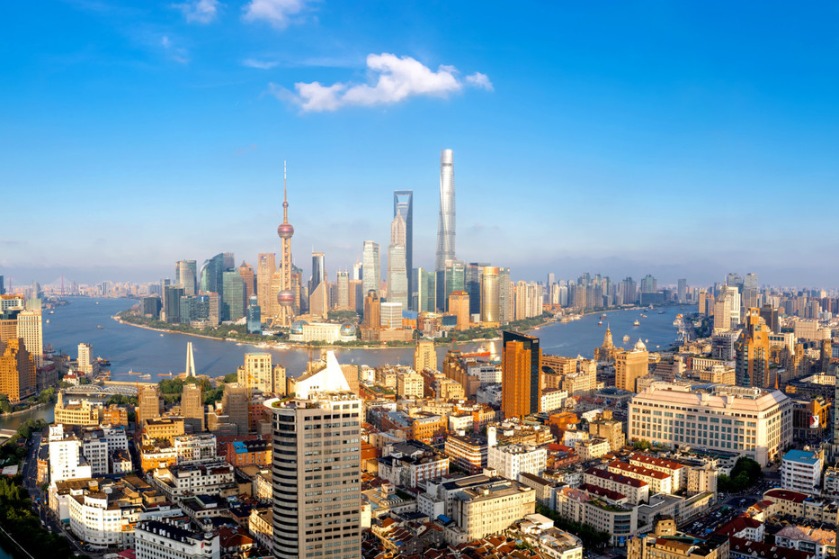Xinjiang cotton boycott US-led burlesque: China Daily editorial


The boycotting of cotton from the Xinjiang Uygur autonomous region by some multinational corporations citing "forced labor" is the latest consequence of the West's rumor mill. The statement Hennes & Mauritz issued on Wednesday just indicates how these rumors can hurt those compelled to play a part in trying to give them life.
The grinding out of mistruths entails the close cooperation of think tanks, institutes, media outlets, politicians, nongovernmental organizations and companies. They have a clear division of functions — some fabricate the rumor, some hype it up and some act on it, all under the noble banner of human rights.
In the case of Xinjiang cotton, the Better Cotton Initiative, an NGO headquartered in Switzerland, has played a key role in transforming the will of its major funder, the US government, into an organized action by big-name companies.
What is more worrisome is that it can, without the authorization of any international organization, block normal trade among countries. That raises the question that concerns the interests of all countries: which party gives NGOs their unrestricted and unsupervised power?
A glance at the seamless teamwork behind the Xinjiang cotton boycott might shed some light on the answer to the question.
The BCI alleged the existence of "forced labor" in the region based on a report by the Canberra-based Australian Strategic Policy Institute, a think tank well known for being anti-China. And so-called human rights issues in Xinjiang were conveniently high on the agenda of the British Broadcasting Corporation, Voice of America and some other Western media before and after the BCI's statement. Their reports on Xinjiang are invariably based on interviews with advocates of secessionism, radicalism and terrorism from Xinjiang who are funded by Washington and other anti-China forces.
Almost at the same time, the European Union imposed sanctions on relevant Chinese officials and an entity in Xinjiang, on so-called human rights concerns, swiftly followed by similar moves by the United Kingdom, the United States and Canada.
Xinjiang accounts for about 87 percent of China's cotton output, and all of the Xinjiang cotton can be consumed at home — the country imports about 1.85 million tons of cotton each year. That means the joint "boycott" is more symbolic than of real consequence.
The attack on Xinjiang cotton staged by the anti-China forces on the basis of "forced labor" makes them the laughingstock of the world.
That about 70 percent of the previously most arduous cotton picking process in Xinjiang, which used to be a big boon as a seasonal source of extra money for migrant workers from Central China, is now done by machines makes these parties' joint efforts to portray Xinjiang's cotton fields as a dark world of modern slavery nothing but a burlesque.


































